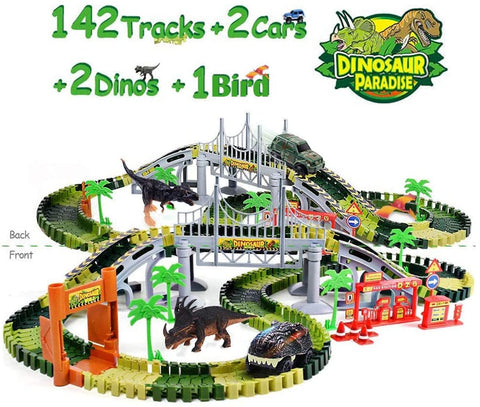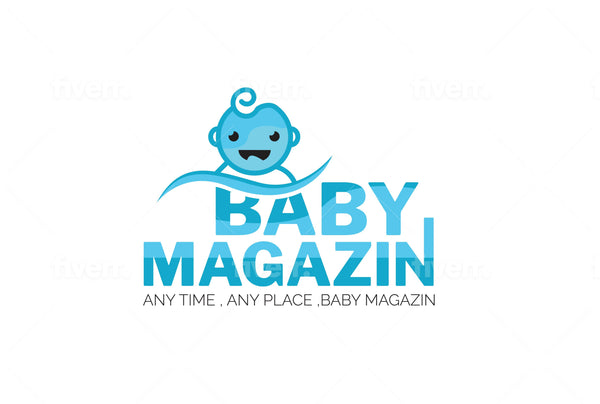
Toys are not merely objects to entertain babies; they are essential tools that play a crucial role in their development. From fostering cognitive skills to promoting physical growth and emotional well-being, toys serve as powerful aids in shaping a child's early years. In this blog, we delve into the significance of toys in babies' lives and explore how they contribute to their holistic development.

-
Stimulating Cognitive Development: Toys are instrumental in stimulating a baby's cognitive development. Simple toys such as rattles, colorful blocks, and shape sorters help babies learn about shapes, colors, and sizes. As they interact with these toys, they develop cognitive skills such as problem-solving, spatial awareness, and hand-eye coordination. Moreover, toys with various textures, sounds, and patterns engage babies' senses, enhancing their sensory processing abilities.
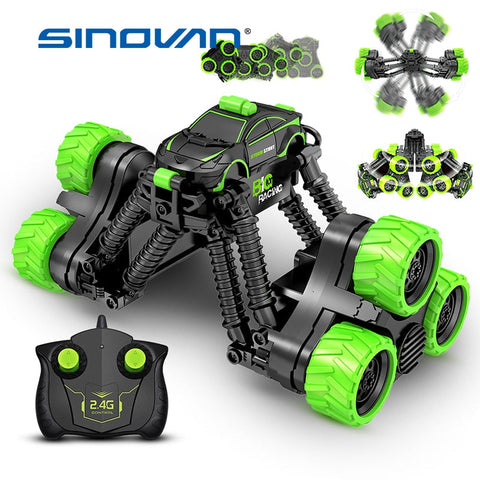
-
Fostering Creativity and Imagination: Toys encourage babies to explore their creativity and imagination. Whether it's a set of building blocks or pretend play toys like dolls and action figures, these playthings provide a canvas for babies to express themselves and create imaginary worlds. Through imaginative play, babies learn to think outside the box, develop storytelling skills, and explore different roles and scenarios, laying the foundation for creative thinking later in life.
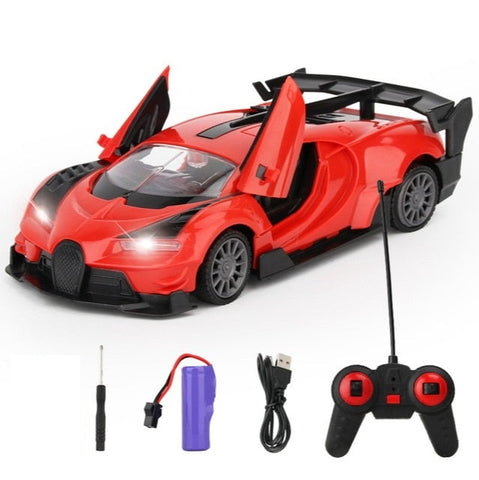
-
Supporting Physical Development: Toys play a vital role in promoting babies' physical development. Activity gyms, play mats, and toys that encourage crawling and walking help strengthen their muscles and improve coordination. Furthermore, toys that involve grasping, stacking, and pushing provide opportunities for fine and gross motor skill development. As babies engage in active play with toys, they enhance their physical abilities and gain confidence in their movements.

-
Facilitating Social and Emotional Learning: Toys also contribute to babies' social and emotional development. Playing with others or even with stuffed animals and soft toys helps babies learn important social skills such as taking turns, sharing, and empathy. Additionally, toys can serve as comfort objects, providing emotional support and security to babies, especially during times of stress or discomfort. Moreover, playing with toys can be a bonding experience between babies and their caregivers, strengthening the parent-child relationship.
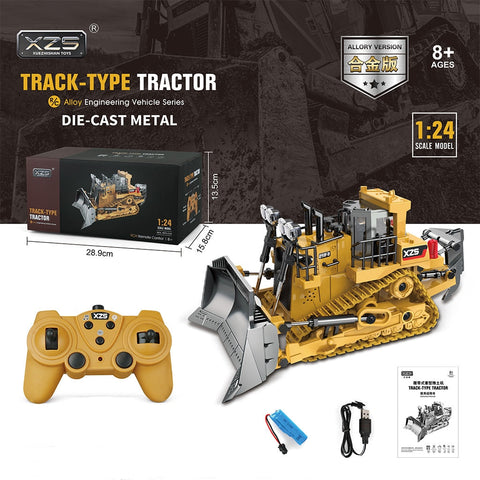
-
Promoting Language Development: Toys play a significant role in fostering language development in babies. Toys that produce sounds, music, or spoken words help babies recognize and understand language patterns. Additionally, interactive toys such as books, puppets, and educational toys with alphabet and number themes introduce babies to new words and concepts, expanding their vocabulary and language skills. Through playful interactions with toys, babies develop communication skills and lay the groundwork for language acquisition.
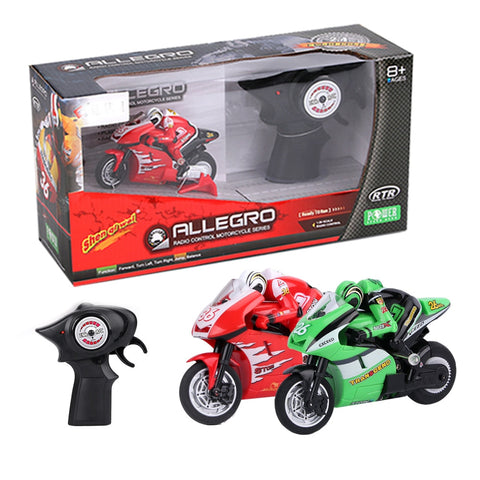
Conclusion: In conclusion, toys are more than just playthings; they are powerful tools that contribute to babies' overall development. From enhancing cognitive abilities and fostering creativity to supporting physical, social, and emotional growth, toys play a vital role in shaping the early years of a child's life. As caregivers and parents, providing babies with a variety of age-appropriate toys and encouraging interactive play can have a profound and lasting impact on their development and well-being.
